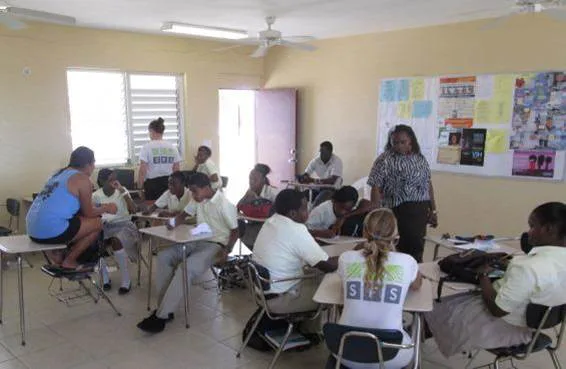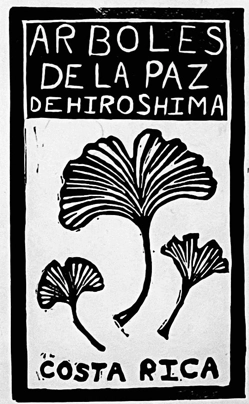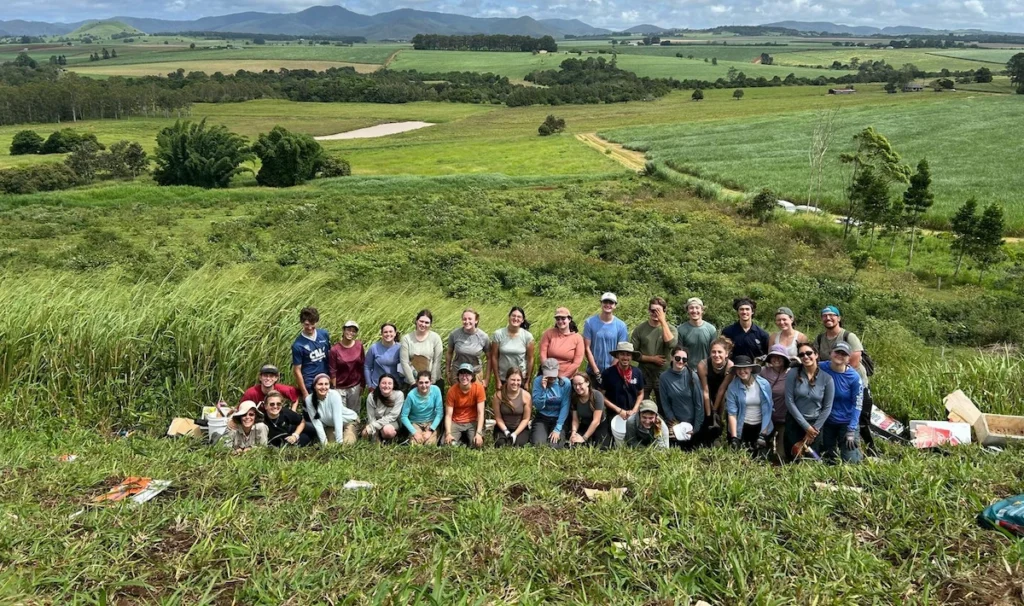NOAA Social Coast Forum: Exploring the Values of the Coast
Sarah Stanley and I were seeing each other for the first time since our semester studying together at The School for Field Studies Center for Marine Resource Studies. Now we had ten minutes before our presentation at the National Oceanic and Atmospheric Administration’s Social Coast Forum. The forum brings together social scientists from all over the United States who are working in coastal or marine resource management. This was my first conference and my stomach was in knots. I closed my eyes for a moment, took a breath and remembered where I was on this day exactly a year ago.
My mind took me back to the Turks and Caicos Islands, the sky impossibly blue, a soft warm breeze coming in from the ocean as we stood by the white washed stone wall surrounding the town’s playing fields. It was Sports Day in South Caicos, with high school students competing in track and field events. Some of those high school runners and jumpers would join us a few weeks later for a workshop on social science methodology. The students then interviewed older residents of their town about climate and climate adaptations.
The workshop and interviews were part of a Directed Research project that Sarah, Traci Hamanaka, and I worked on with Professor Edward Hind. Our goal was to get a baseline understanding of climate on the island of South Caicos, find out if any climate changes were occurring, and how people are or want to adapt to climate impacts. To collect this information we enlisted the help of talented sophomores from the local high school to be citizen scientists.

A year later, looking for feedback on this citizen science methodology, Sarah and I were presenting the team’s work at a roundtable during the NOAA Social Coast Forum. The presentation took place in a large ballroom, with each presenter at their own round table. During the presentation there were four rotations where people got up and moved around to different tables. In each rotation, participants gave us feedback and ideas on our project including how to effectively train high school students in interviewing skills and ideas for retaining volunteers once trained. We heard from economists, anthropologists, coastal reserve managers, fisheries researchers, environmental educators, and graduate students. Many of them had experience with citizen science or with climate change adaptation. All of them gave us thoughtful insights or helpful tools to use in future citizen science work.
The ideas didn’t just come from the roundtable either. For three days there were conversations about how to incorporate local values and beliefs into coastal management. The conversations started in one place and spilled into others. The conversations took place in workshops, oral presentations, facilitated discussions, poster sessions, and after film viewings.
One theme kept recurring whether I was listening to a field ecologist talking about building oyster reefs with community groups, researchers who are learning about climate impacts on lobster with fishermen in Maine or emergency responders sharing about flood risk and planning for sea level rise. Apparent in all of these researchers’ work was a respect for the well-being of ecosystems, but also for communities and livelihoods.
This resonates with what I experienced at the Center for Marine Resource Studies, where place-based research and learning is informed by many sources of knowledge; from natural and social scientists, from local knowledge from students, fishers and community members. As a senior starting to think about where I am headed next, I know that I will seek out groups that are inclusive in this way with gratitude for my time, the people, and the place in the Turks and Caicos. Attending the conference was a bridge that connected my past experience with The School for Field Studies with possibilities for careers after graduation where I could apply social science in the field of marine and coastal resource management.
Related Posts

Trees of Peace from Hiroshima: A Time Traveler and Emissary of Hope

Cinder Cone Chronicles: Lessons from Drought, Data, and Determination
